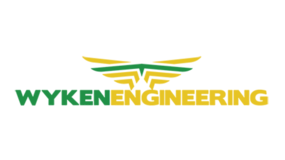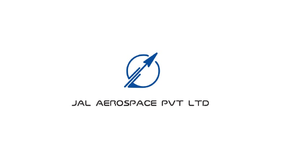ITL transfers its Hot Form Quench (HFQ) technology from automotive into aerospace
Peter Knight, technology manager of the Midlands Aerospace Alliance (MAA) describes how grants from the MAA’s Aerospace UP and PIVOT programmes have helped precision aluminium forming company, Impression Technologies transfer its Hot Form Quench (HFQ) technology from automotive into aerospace.
Every day, aerospace engineers are faced with the dual challenge of how to make lighter aircraft using materials which are more sustainable. However, transferring technologies into aerospace which are proven to meet this challenge in other market sectors such as automotive, is neither straightforward nor cheap.
This was discovered by Coventry-based Impression Technologies Limited (ITL), a provider of precision aluminium pressings to the automotive industry, when it tried to find interest in aerospace for its patented Hot Form Quench (HFQ) process. Two things quickly became obvious. The first was that ITL would need to design, make, and ultimately qualify some representative aircraft demonstration parts which exemplified the weight and cost advantages of HFQ.
The second was that the quality requirements for aerospace were a step up from those of automotive, and that tight process control needed to be not just achieved but evidenced at each step in order to ensure full traceability. Fortunately, the Midlands Aerospace Alliance was able to step up to the plate with two timely grant funding programmes, Aerospace UP and PIVOT, which have combined to help Impression Technologies bring the HFQ process to the attention of aerospace primes.
The PIVOT project
The HFQ process, which was commercialised in 2012 as a spin-off from research by Imperial College London, is a visco-plastic forming process whereby aluminium alloy sheet is heated to its solution heat treatment temperature, rapidly formed by pressing in a die, and then quenched rapidly prior to release from the die. The formed part is subjected to further heat treatment in a carefully controlled ageing process which ensures that the material reaches its full strength. The process delivers complex-geometry, high-strength lightweight pressings with tight bend radii, which don’t suffer the problems of ‘spring-back’ (elastic recovery) associated with conventional cold forming processes. HFQ offers fast, deep drawn, high dimensional stability parts with superior mechanical properties, and a reduced manufacturing cost.
Click here to read more.






